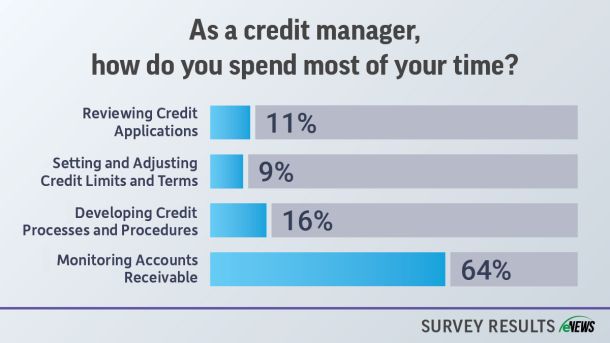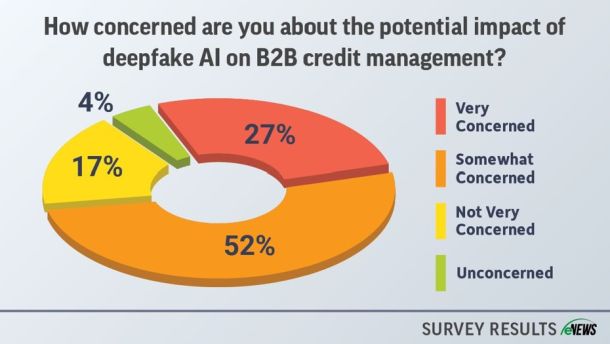Jan 30, 2025
eNews
The strengths and weaknesses of a Shared Services Center
Over the past decade, more U.S. companies have adopted a Shared Services Center (SSC), a centralized unit managing specific business processes for multiple entities within an organization. In B2B credit, some companies have an SSC to centralize credit-related functions such as credit analysis, billing, collections and dispute resolution.








